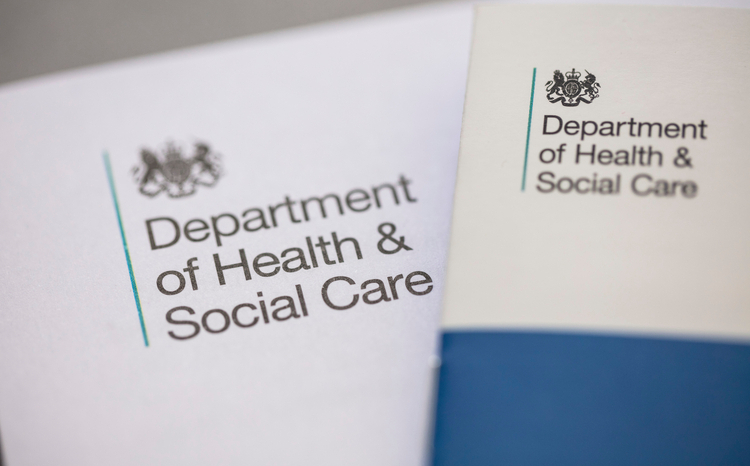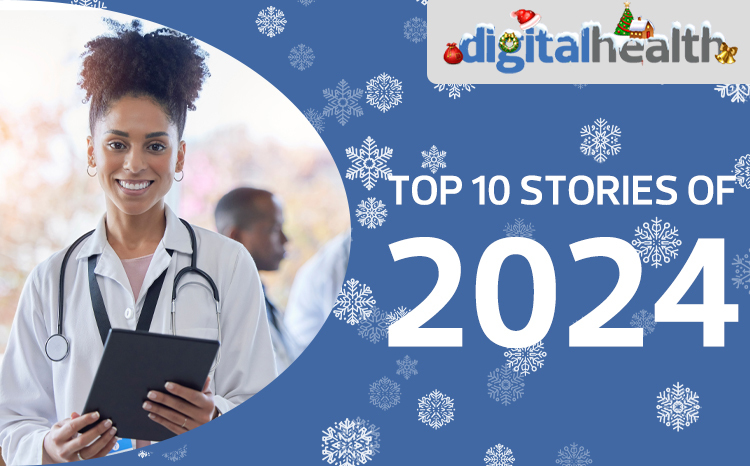Commission not ‘Easter bunny’ on research
- 19 February 2009
A meeting on benchmarking e-health developments has called for greater funding of large scale European e-health studies into use of e-health and its acceptance.
The call came at an e-health benchmarking workshop held on Wednesday, run ahead of the opening of the e-Health 2009 ministerial conference in Prague.
But the European Commission made clear that it would not endlessly fund e-health acceptance studies, and was instead shifting efforts to sharing knowledge, offering practical guidance to support implementation and develop Europe’s e-health market.
Organised by German e-health research constancy empirica, the workshop gave an overview and discussion of a variety of research initiatives and benchmarking studies in Europe. Studies cited ranged in size from a huge pan-European study of 7,000 GPs to a quick online poll of doctors in Italy.
Ingo Meyer of empirica, who presented the large-scale survey of ICT use among GPs studies, said there was now good evidence to show the use of e-health was accelerating across Europe. Some 87% of GPs now have a computer, and over 40% now have broadband.
However, the study had highlighted a gap between having technology and actual use of e-health services such as e-prescribing and use of electronic patient records.
“Being equipped is not the same as use,” said Meyer. “There is a huge gap between readiness and use of e-health.”
He said there was a need for further research to address issues like the skills required, legal framework and standards. “There is a need to move studies from acceptance to actual use.”
Veronique Lessens of Agfa said that there was a need to treat surveys with caution, citing a French study in which 70% of hospitals reported they had electronic patient records, but further investigation found the majority still mostly used paper.
Luc Nicolas from Belgium said that his country had run into problems with numerous e-health projects spawning an endless succession of surveys and user acceptance studies, leading to “survey fatigue”.
He called on Europe to give guidance on common indicators to enable easier comparisons to be made within and between countries on e-health developments.
Meyer said that the large-scale GP survey had been designed to be carried out annually, but there was currently no funding to carry this out. He joked that hopefully the Easter bunny would deliver a present to enable a follow-up study to be carried out.
Mike Palmer of the European Commission’s ICT for Health Unit made clear that such hopes were likely to be unmet. “The Commission is not the Easter bunny,” he said. He added that the Commission was shifting its emphasis into work designed to support implementation efforts, such as a new project with Rand Europe on developing business plans for e-health implementation.




